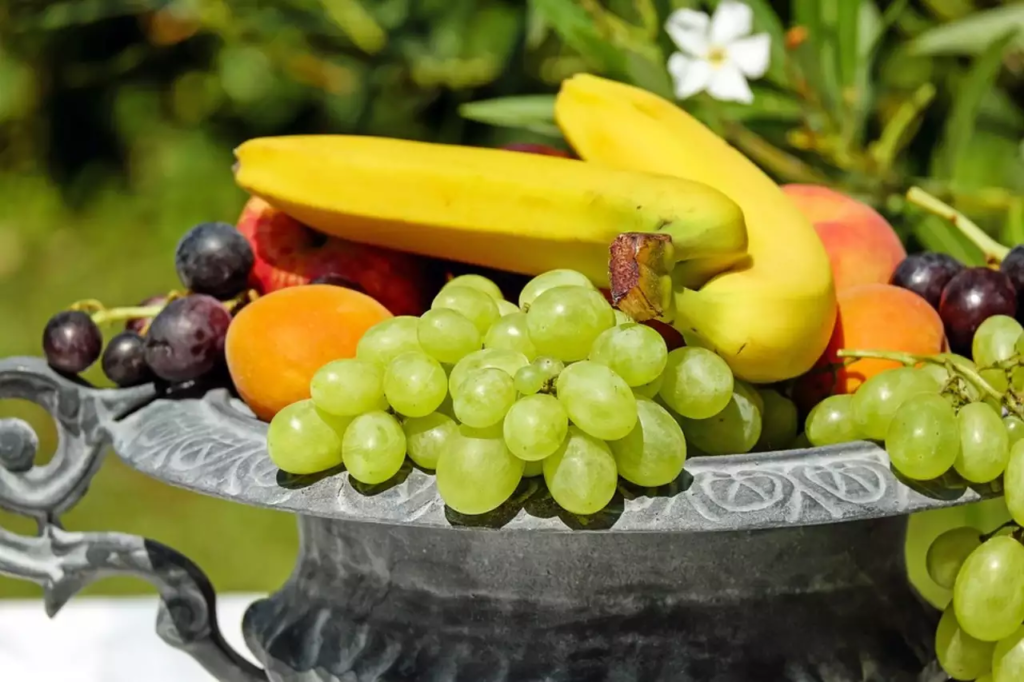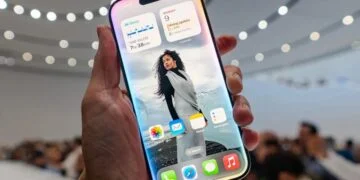Fruits are a nature’s ready-made snack, packed with vitamins, fiber, and other essential nutrients, making them a valuable part of a balanced diet. However, there are concerns about their consumption for individuals with diabetes or those on a weight loss journey. In this article, we explore the recommendations provided by experts regarding the daily intake of fruits, the impact of fructose on blood sugar levels, and which fruits to avoid for diabetics and weight loss.
Consumption Of Fruits And Fructose: Individual Factors And Dietary Considerations
Determining the right amount of fructose-containing fruits to consume daily depends on various individual factors and dietary goals. Although fruits contain fructose, they also offer vital nutrients and dietary fiber, contributing to a healthy diet. The American Heart Association advises setting limits on total sugar intake, including naturally occurring sugars (like fructose in fruits) and added sugars. Recommendations include up to 25 grams (6 teaspoons) or 100 calories per day for women and up to 36 grams (9 teaspoons) or 150 calories per day for men. Prioritizing whole fruits over juices or extracts ensures a diverse array of nutrients, fibers, and antioxidants.
Is It Okay For Diabetics To Eat Fruits?
Including fruits in a healthy diet for diabetics should not increase the risk of diabetes. In fact, fruits can be beneficial due to their essential vitamins, minerals, antioxidants, and dietary fiber. Unlike added sugars in processed foods, the natural sugars in fruits, accompanied by fiber, slow down the absorption of sugar into the bloodstream, preventing rapid spikes in blood glucose levels. Diabetics can embrace certain fruits such as berries, citrus fruits, apples, cherries, and avocados, which have low sugar content and high fiber levels. However, fruits like grapes, bananas, pineapple, and watermelon should be consumed in moderation due to their higher sugar concentration.
Is Consumption Of Fruits Good If You Are On A Weight Loss Journey, Owing To The Fructose It Contains?

Fruits play a crucial role in a weight loss journey by curbing sweet cravings and providing natural fruit carbonate through fructose. High-fiber and low-GI fruits, like apples, guavas, pears, pineapples, cherries, strawberries, kiwis, and plums, are recommended for maximizing their weight loss benefits. A daily intake of 400 to 500 grams of fruit, with servings of 150 to 200 grams each, is suitable. Mixing fruits with salads containing cucumber and carrots and incorporating healthy fats through nuts can further enhance their weight loss benefits.
Which Fruits Should Not Be Avoided On Your Weight Loss Journey?
Contrary to popular belief, certain fruits like bananas should not be avoided on a weight loss journey. Bananas are rich in complex carbohydrates and fiber, keeping you satiated for longer and aiding in weight loss. They also contain essential minerals like potassium and magnesium, supporting electrolyte balance in the body. While consuming fruits in appropriate portions is essential for weight loss, seasonal fruits provide protection against seasonal flu and allergies.
In conclusion, fruits can be consumed by diabetics and individuals on a weight loss journey, provided they are mindful of their portions and make informed choices about the types of fruits they consume. Consulting a registered dietitian or healthcare professional can offer personalized recommendations based on individual needs and health goals.
The Hindustan Herald Is Your Source For The Latest In Business, Entertainment, Lifestyle, Breaking News, And Other News. Please Follow Us On Facebook, Instagram, Twitter, And LinkedIn To Receive Instantaneous Updates. Also Don’t Forget To Subscribe Our Telegram Channel @hindustanherald









































